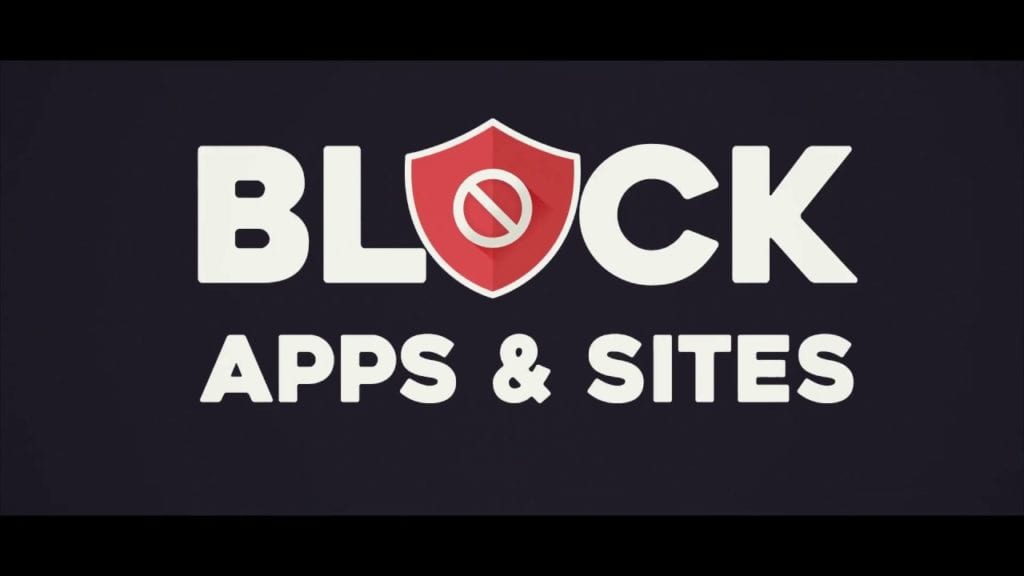As the internet has taken over our lives, children have also started to become comfortable with technology. But less do they realize, there is inappropriate content, identity thieves, child predators and cyber bullies out there. It is understood that gaining access to harmful social content can negatively affect their mental health. Hence, it is crucial to teach children how to use the internet in a safer way and make prepare them to spot the risks and pitfalls of inappropriate content and cyberbullies.
Now you know there’s a lot of harmful content available online, it’s high time you have a real talk with your kids about digital protection. As soon as your child begins playing games or uses the internet, it is solely your responsibility to give them the relevant awareness regarding cyber-safety. In case, you are still confused about how you can stop your kids from accessing unsuitable content online. Here is a guide to help you understand online safety better.
1. Always keep your eyes on the content your kids view

Yes, it means sitting right beside your children every time they use the internet. There’s nothing immoral in ethically spying on your kids and the content they view online. But if you cannot manage to sit with them constantly as you have home chores or other tasks to tackle, then try asking them at least a few questions related to what they are surfing on the web.
There’s a downside to it too. When you ask your kid excessive questions, they end up being infuriated and frustrated. What you can do is use your social media account to monitor their activities. It is important for you to know what exactly they do on their accounts so you can advise them what’s right and what’s not.
2. Limit their screen time
Consider setting strict rules for what your kid should and shouldn’t do on the internet only to protect them from coming across inappropriate content. Additionally, you need to limit their screen time. By doing so, you will be able to keep them safe online. But if your kids are using the internet for educational purposes, then make sure you do let them research. You should not include that in their time limits. But you need to ensure they are actually using the internet to complete their homework.
3. Use site-blocking apps to take control of what your kids do online

As a modern parent, you need to take care of many things and keeping your kids safe online is one of them. Plenty of site-blocking apps are available out there to help you protect your children from inappropriate and harmful content. The apps are specially designed to put an end to your worries and keep your children engaged with content suitable to their age. Once you take time to block specific websites and apps, it will help in making your kid’s online experience safer than ever. To leverage such site-blocking apps, you need to be connected to a stable and steady internet otherwise you wouldn’t be able to block apps. Take a look at coxbundledeals.com to pick the internet deal according to your needs.
4. Always teach them to keep their private info to themselves
Tell your kids every once in a while that they should never disclose to a stranger their real names, the names of their parents, school, residential address or their go-to place for playing. The same rule goes for any other personal and confidential information. Make sure you keep on repeating this rule before their bedtime and before they head out to school, even if they get tired of listening to the same rule repeatedly and keep rolling their eyes. While you’re at it, tell them not to talk to a stranger no matter where they are. Also, it is your duty to teach them not to take anything or any favor from unknown people. It is crucial to let them know doing so can be dangerous.
5. Tell them why you are being overprotective

When you tell your kids the reason why you are protecting them, you are likely to help them understand their importance. You can also discuss in detail the dangers they may face online, and what steps they can take to deal with them effectively – like telling you about the harmful content they came across, cyberbullying, general threats or strangers that made them feel uncomfortable.
Kids are naturally curious, so by openly talking about online dangers, you are able to satisfy their curiosity as well. That is arguably one of the most effective ways to protect your family online.
 Imagup General Magazine 2024
Imagup General Magazine 2024



